Description
Smart grids and renewable energy form a powerful synergy that holds the potential to revolutionize the energy landscape, driving sustainability, efficiency, and resilience in modern power systems. Smart grids, equipped with advanced digital communication, automation, and real-time monitoring technologies, enable the seamless integration of renewable energy sources like solar, wind, and hydropower into the energy mix. By facilitating distributed energy generation, smart grids empower consumers to become prosumers—both producers and consumers of electricity— allowing for decentralized energy systems that enhance grid stability and reduce reliance on fossil fuels. The intermittent nature of renewable energy is addressed by smart grids through intelligent energy management, demand response programs, and energy storage solutions that balance supply and demand. Moreover, smart grids improve energy efficiency by reducing transmission losses, optimizing power distribution, and offering real-time data analytics to utilities and consumers alike. In doing so, they help reduce carbon emissions, mitigate the impacts of climate change, and create more resilient energy systems capable of withstanding disruptions from natural disasters or other grid challenges. The convergence of smart grid technologies with renewable energy not only accelerates the transition to a low-carbon economy but also promotes energy equity by expanding access to clean, reliable power in both urban and rural areas. As countries strive to meet their climate goals and reduce their dependence on fossil fuels, the integration of smart grids and renewable energy emerges as a vital pathway toward a more sustainable, secure, and efficient global energy future.
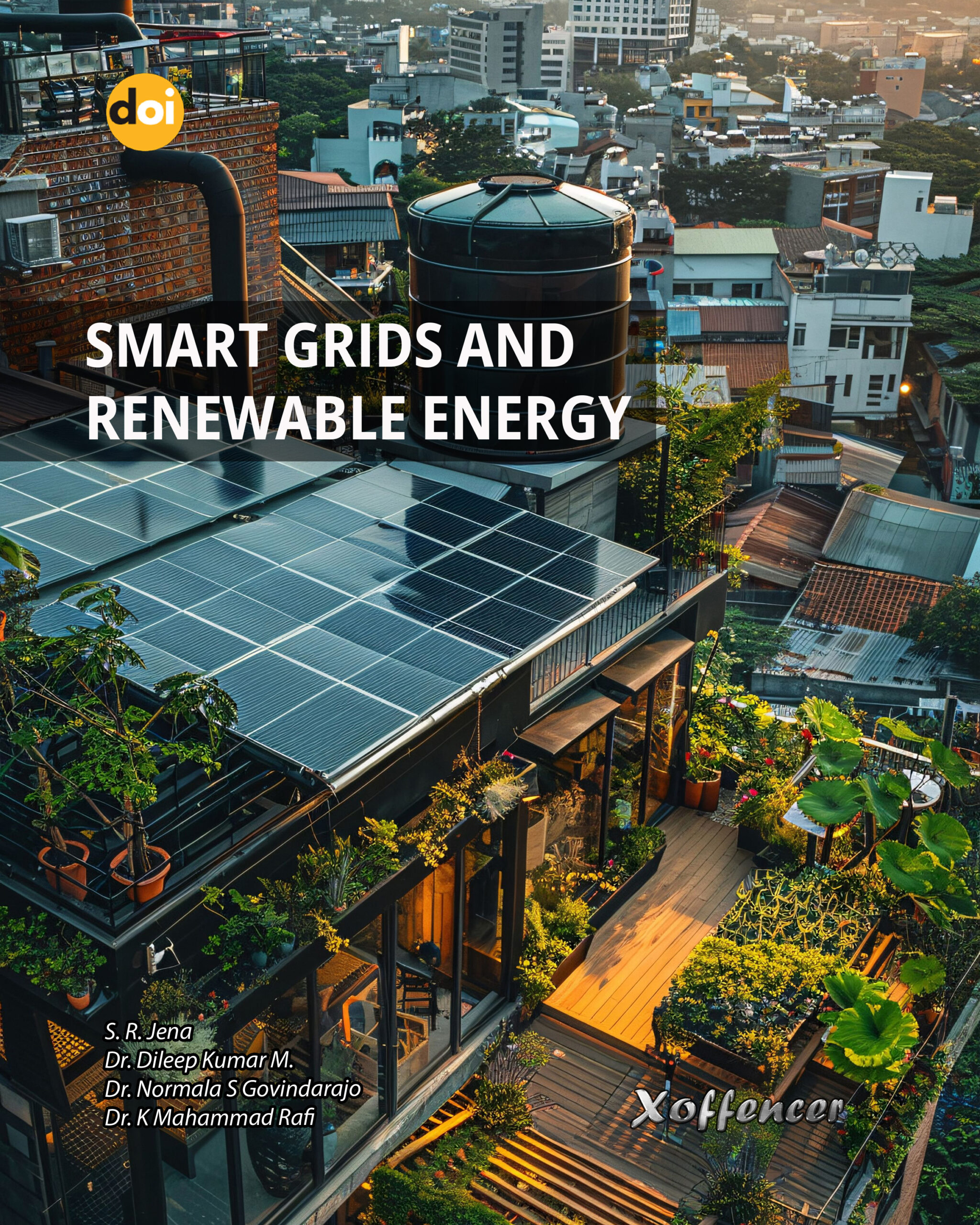

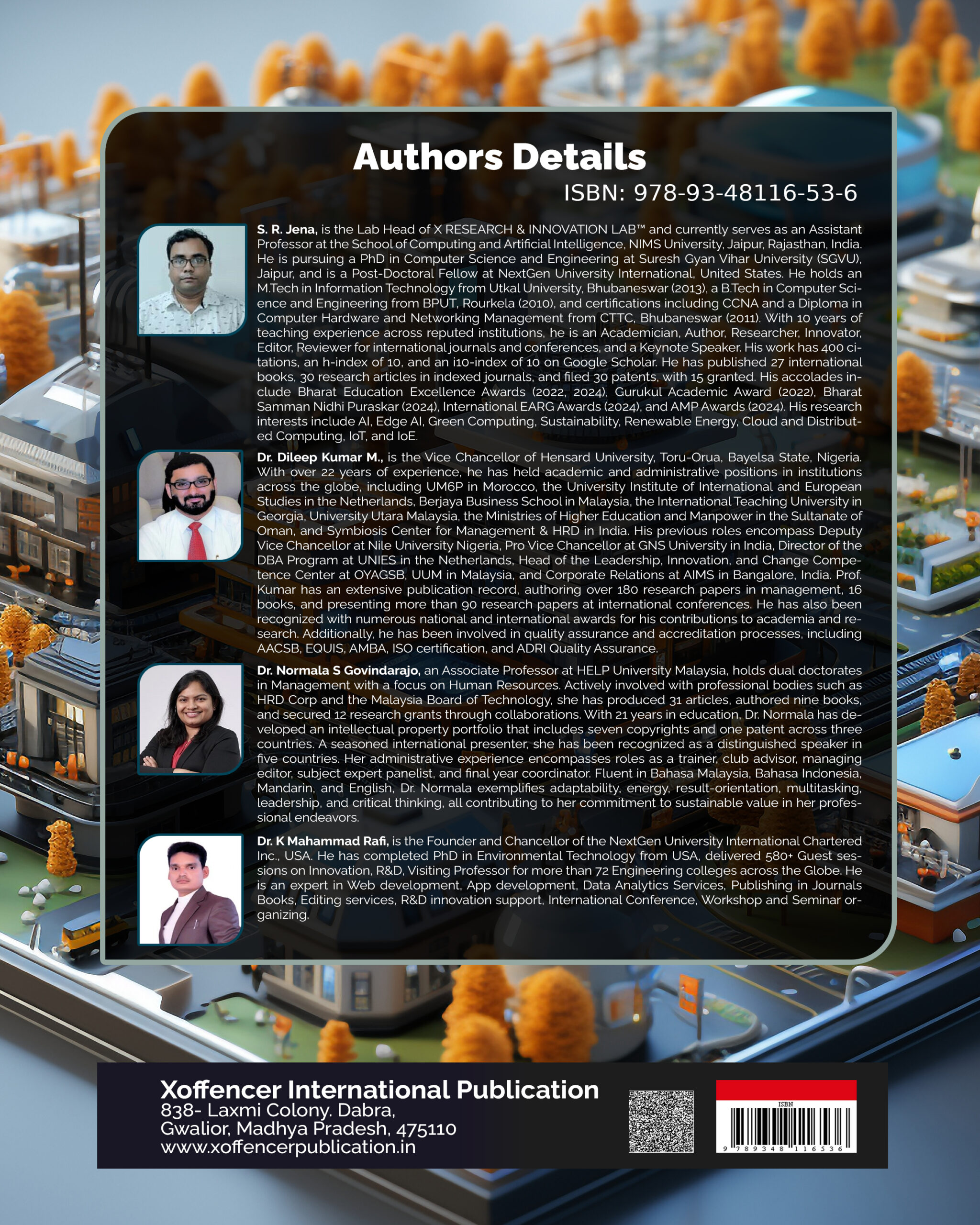
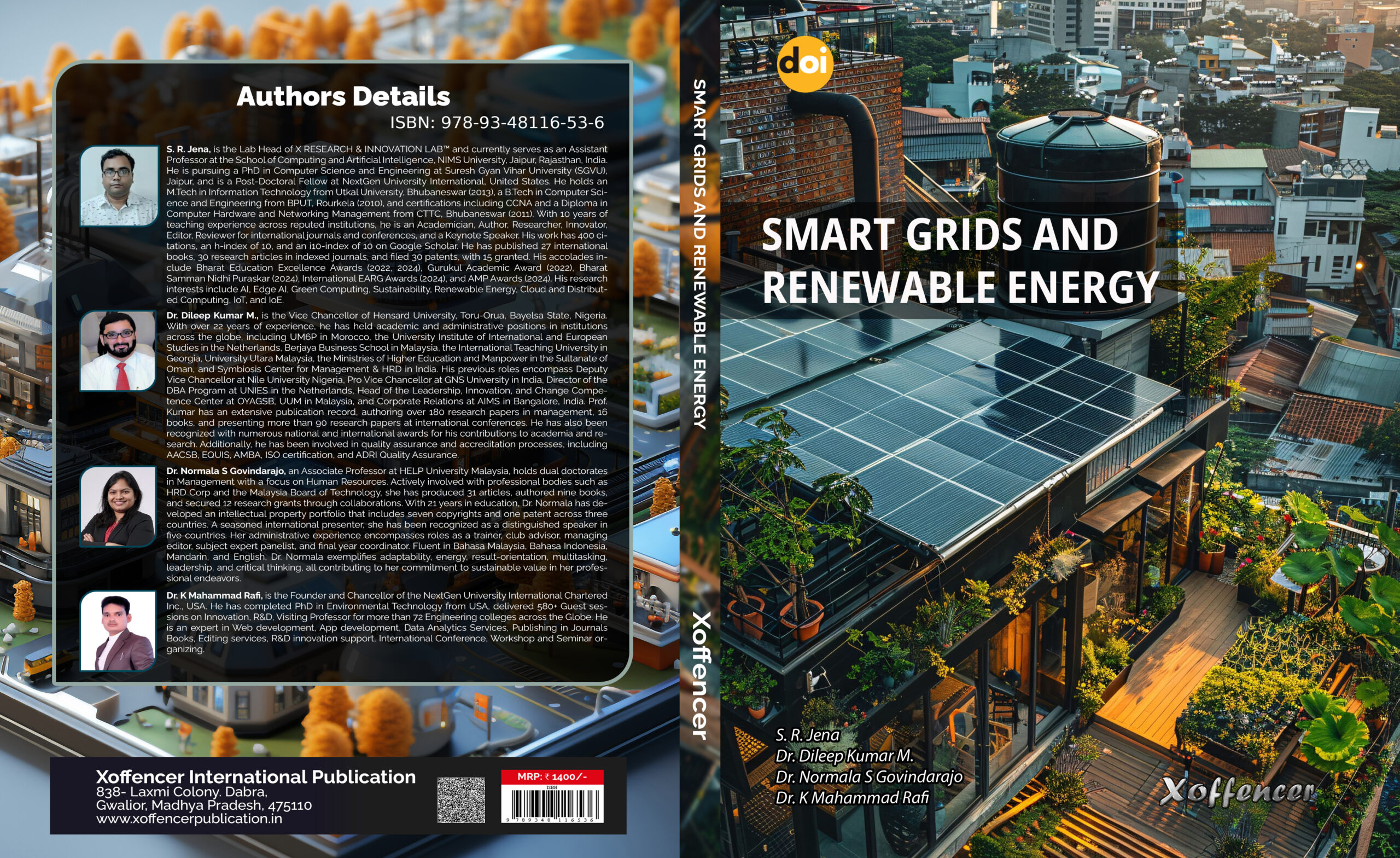






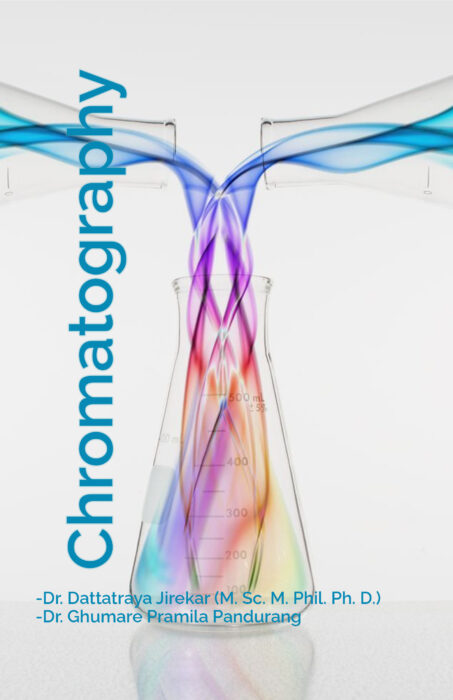
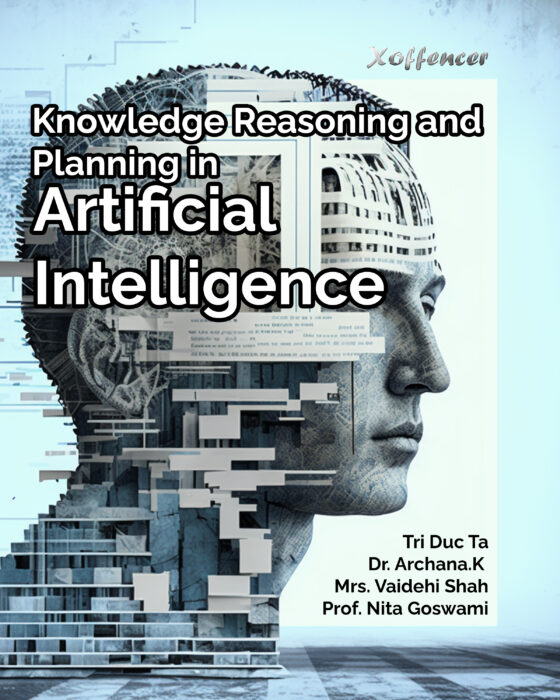

Reviews
There are no reviews yet.